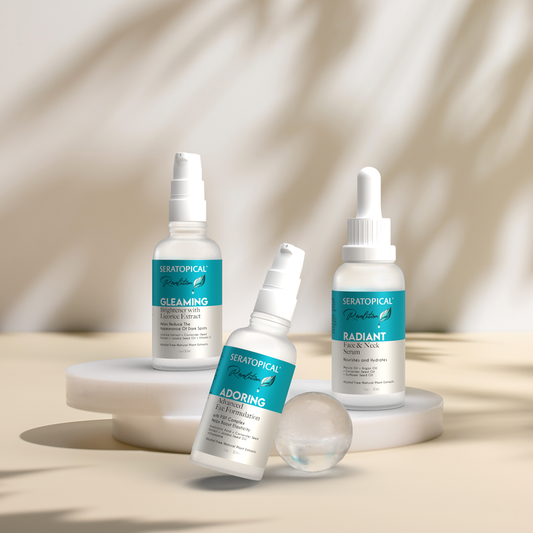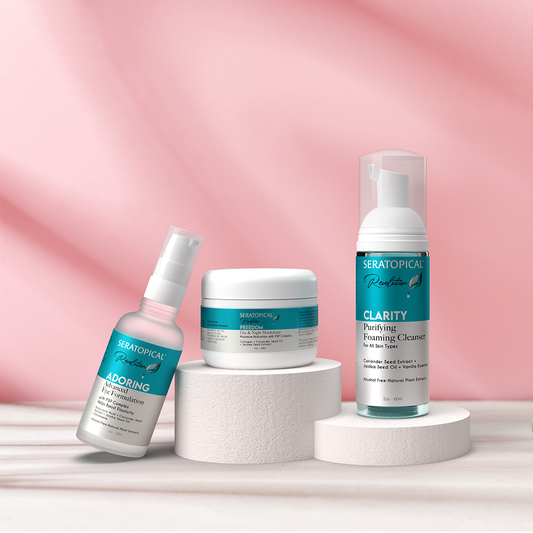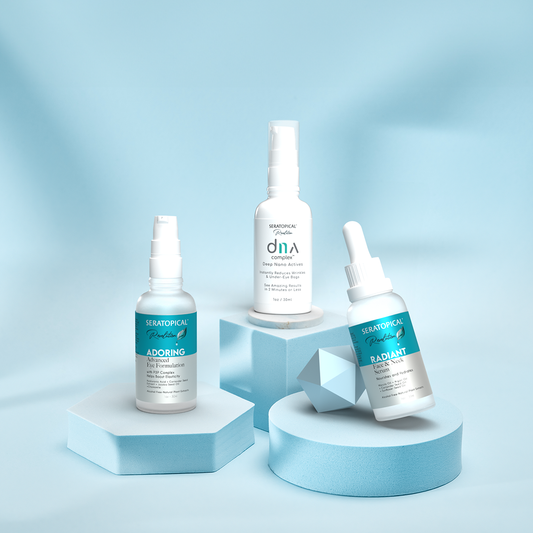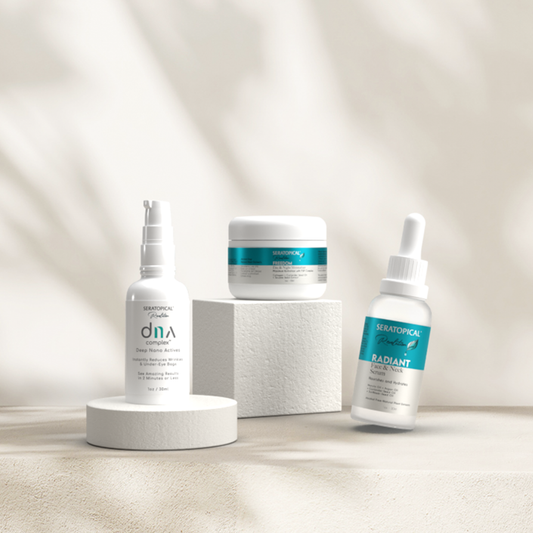There’s nothing more frustrating than struggling to fall (or stay) asleep. Poor sleep can not only make you feel foggy and unfocused the next day, but can also have major implications on your health in the long run. If you are ready to change your sleep habits, here is your ultimate guide on how to get a better sleep.
The Stages of Sleep
The body progresses through four sleep cycle stages. The first three stages are non-rapid eye movement stages, also known as NREM, while the final stage is the rapid eye movement stage, or REM. The full cycle (going through all four stages) usually lasts approximately 90 to 120 minutes, and we typically move through four to five cycles when we sleep.
Progressing through these four stages without waking up is essential for getting a good night’s sleep and feeling well-rested the next day. However, the sleep cycle can be interrupted, whether it be due to our pre-bedtime routine or our daily habits. That’s why it’s so important to implement sleep techniques to ensure you are getting the best rest possible – and to reduce your risk of disrupting the sleep cycle pattern.
Tips & Techniques for Better Sleep
If you’ve been struggling to get a good night’s rest, here are our top tips for better sleep.
1. Establish a Bedtime Routine
A nightly ritual can signal to your brain that it is time to start preparing for sleep. A bedtime routine will look different from person to person, so think of the habits or rituals that will help you relax your mind and body and get you ready to rest.
Need some inspiration? Here are a few ideas you can try:
- Drink a cup of chamomile tea
- Listen to gentle, relaxing music
- Light a lavender candle
- Read a book
2. Create a Comfortable Sleep Environment
It’ll be more challenging to completely unwind and get a deep slumber if you don’t have a comfortable sleep environment. Be sure you have a warm, inviting space that helps you relax. This means making your bed in the morning, and choosing the optimal mattress, pillows, and bedding for your comfort.
Additionally, make sure you get rid of clutter in the bedroom. Ever heard the phrase “a cluttered desk is a cluttered mind”? The same can be said of your room.
3. Limit Screen Time
As tempting as it may be to do one last social media scroll before bed, it’s best to put your phone away (and reduce your exposure to other screens) at least one hour before you go to sleep. Screens emit a blue light that essentially tricks our brain into believing it is daytime. This triggers the body to stop releasing melatonin (AKA the sleep hormone), making it much harder for us to fall asleep.
4. Practice Relaxation Techniques
For the best sleep possible, you’re going to want to get yourself into a state of calm. Practicing relaxation techniques before bed can help ease your mind – especially after a stressful day. Some ideas include journaling (which is great for getting distracting thoughts out of your head and onto paper!), stretching, meditating, and doing calming breathing exercises.
5. Limit Caffeine and Alcohol
Drinking caffeine too late in the day can cause huge issues if you have sleep problems, as coffee is a stimulant. While everyone has different sensitivities to caffeine, to be safe, it’s best to avoid coffee in the afternoon and evening. Meanwhile, while alcohol is a depressant, it also has stimulant effects – which means it can really mess with your sleep cycle.
6. Exercise Regularly
While most of us exercise for our physical health, a daily workout can actually be beneficial for our sleep, as well. Exercise can support our body’s melatonin production process, so regular exercise can do wonders for your sleep quality. That said, you won’t want to workout too close to bedtime, as doing so can boost your energy levels and make it harder to fall asleep. Try to keep your workouts to the morning and early afternoon.
7. Use White or Brown Noise
Noise machines can be incredibly beneficial, especially if you are easily woken up by sudden sounds. Research has confirmed that white noise (which includes equal amounts of all audible sound frequencies) and brown noise (which has a deeper sound than white noise) can be effective tools for helping you fall and stay asleep. These noises create a consistent sonic environment in the bedroom, helping to mask distracting sounds that could otherwise disrupt sleep.
Sleep A.S.A.P
Nutri-Strip SleepASAP offers a promising solution for improving sleep quality and addressing insomnia-related concerns. Crafted with a blend of natural ingredients like melatonin, L-theanine, and chamomile, it aims to promote relaxation and support a restful night's sleep. Melatonin, a hormone naturally produced in the body, helps regulate the sleep-wake cycle, while L-theanine, found in tea leaves, induces a calming effect without sedation. Chamomile, renowned for its soothing properties, complements these ingredients, potentially aiding in stress reduction. The convenient, dissolvable strip format ensures quick absorption, making it suitable for individuals seeking a hassle-free bedtime routine. With regular use, Nutri-Strip SleepASAP may offer a non-habit forming option to promote better sleep, fostering overall well-being and daytime alertness.
Sleep Well for Your Overall Health
Getting a good night’s rest is critical for both our mental and physical health. By putting the habits in place to ensure you’re practicing good sleep hygiene, you’ll feel refreshed the next day, and will be doing your part to take care of your overall wellness.









